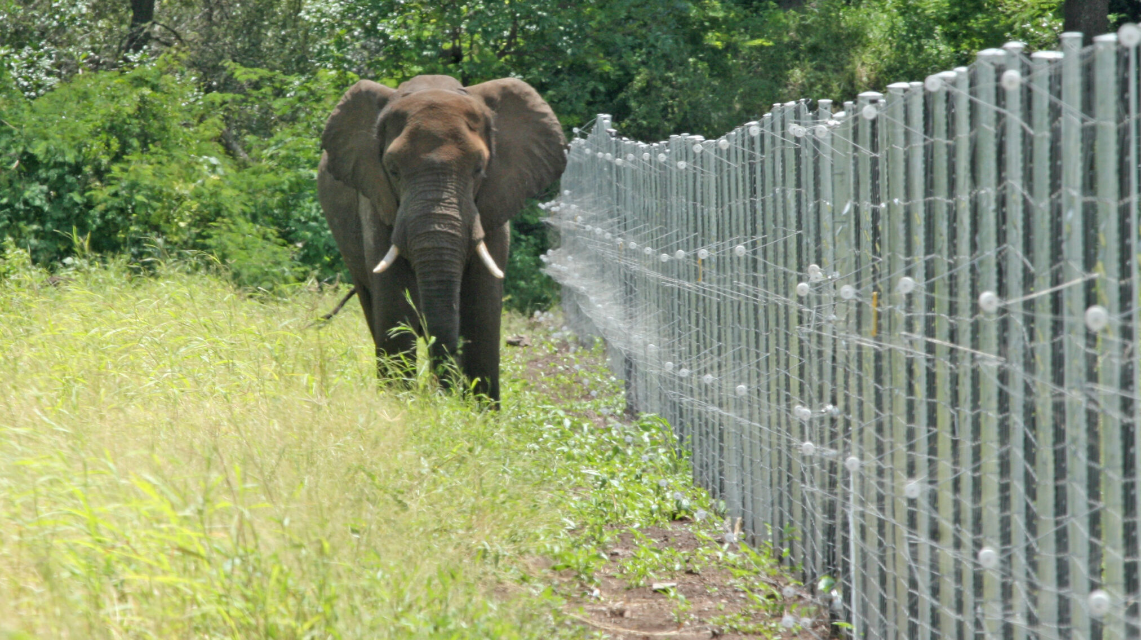Elephants At Your Fence

Last week, I engaged in an animated conversation with a Kenyan biodiversity expert who has specialized in researching elephants. In her years of working with these amazing pachyderms, she has observed their remarkable intelligence, profound wisdom and deep familial ties. “I have never seen an electric fence that elephants cannot destroy,” she chuckled. She then proceeded to tell us about a time they watched a herd of elephants approach an electric fence. The animals stood stock still, feeling the current deep in the earth vibrating through their feet. They had figured that their tusks do not conduct electricity and somehow knew which were the live wires and which was the earth wire in the researcher’s observations. Within minutes the elephants had brought down the entire fence and daintily stepped over the fallen wires into the hitherto forbidden land. Elephants 10, humans nil.
This story resonated with a recent corporate governance training I was involved in. A discussion emerged around the role of the board in recruitment of senior management. The question was this: Should the board be involved in the shortlisting and interviewing of candidates for senior management roles reporting into the chief executive officer (CEO)? On the right side of the boxing ring were those who felt that the board had no business interfering in what was, in their view, the exclusive right of the CEO to build his own team that he could work with to deliver the organization’s objectives.
On the left side of the ring, were those who felt that senior management recruitment was the board’s God given turf. The role of the board could not be ring fenced, which role included telling the CEO who should sit in his c-suite. One CEO gave a supportive example of what happened in his own organization, where the cultural norm was that a peer could not be involved in the interviewing of another potential peer. So when the CEO was recruiting someone to join his senior management team, another senior manager could not sit in that panel. Only board members were considered to have the requisite seniority to provide the bench strength on the interview panel.
A seasoned human resource professional who was in the class weighed into the discussion. In his educated view, in addition to the head of HR for the organization at the time, a CEO could have anyone on his panel, including an external resource of the right professional pedigree to help him undertake an interview. This HR professional went on to add that if the organization was in a group structure, the CEO could get a senior resource from the group head office to sit in on the interviews. Keep your board out of your recruitment, was the strong advice of the HR professional.
The interesting observation I made during this debate was that the CEO, who gave the initial example of what happens in his organization, found the board involvement to be quite normal. That’s the way things were done around there and he had no reason to think it odd. In fact, in his view, it made perfect hierarchical sense. Peers could not recruit peers. Board members could and should provide the guidance on who his senior management team should be.
Having served on and consulted with numerous boards over the last two decades, the culture of board involvement in executive recruitment is one that I see largely in the Kenyan public sector space particularly parastatals. Is this a good use of the board’s time? Well, aside from sitting allowances for the interview panels the boards get a front row view on the quality of the organization’s senior management. They also get an opportunity to influence who sits there. That influence can be used to bear fruit in the longer term.
In the private sector, this culture is not as common. The board recruits a chief executive officer who is deemed to have a resoundingly good head on her shoulders. That head should have both the technical and emotional competence to lead an organization to sustainable success. That head should also have the free will to determine who it wants to lead the vital organs that make up the complex body of the organization’s leadership.
A board that has tasted the fruit of executive recruitment often finds it sweet. Intense. Intoxicating almost. The opportunity to have such power creates a thirst for more and attempts may be made to breach other operational fences. Just like the elephants, who as time has shown, eventually figure out how to.
Twitter/X: @carolmusyoka

 carolmusyoka consultancy
carolmusyoka consultancy
 @carolmusyoka
@carolmusyoka